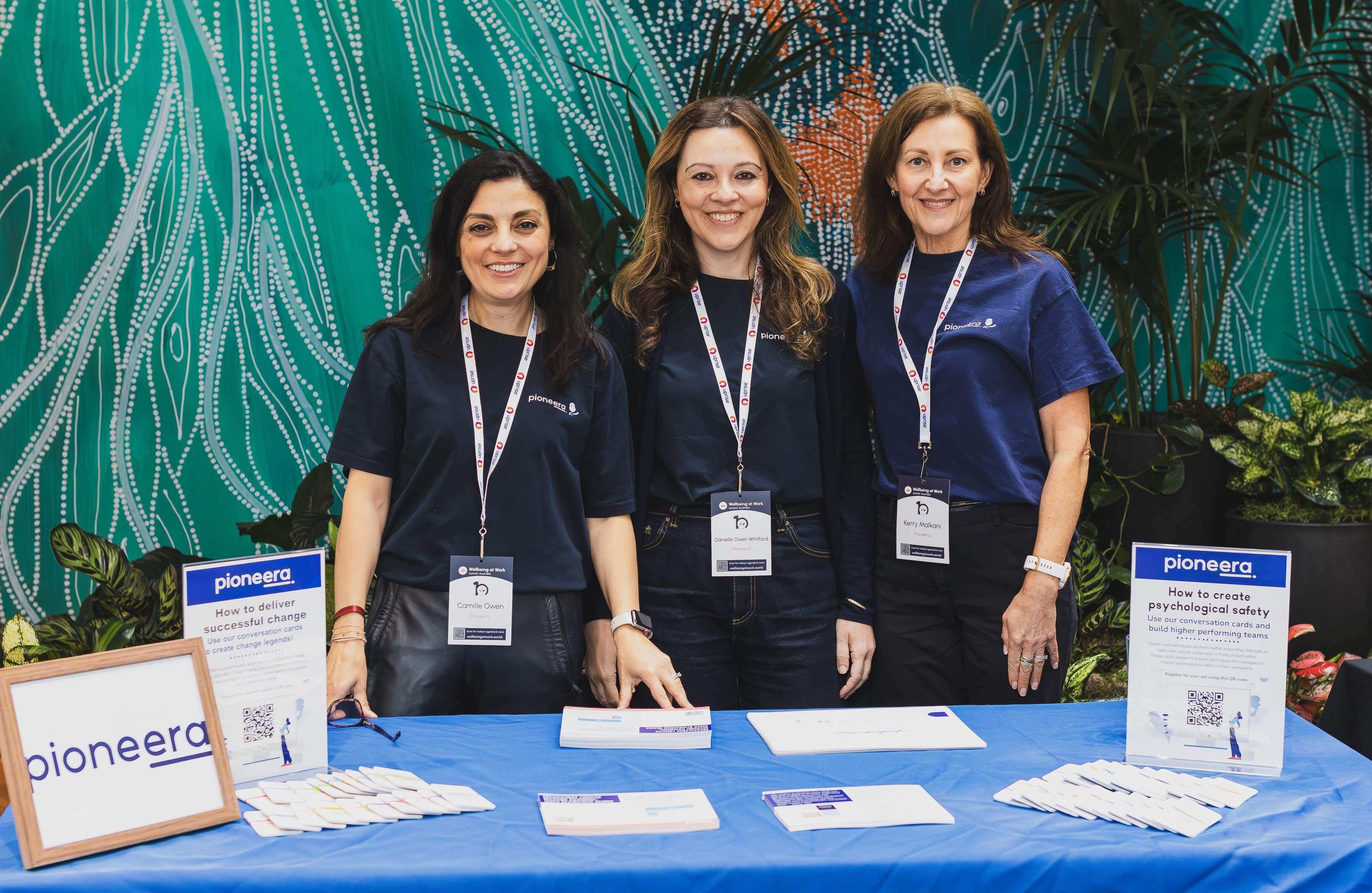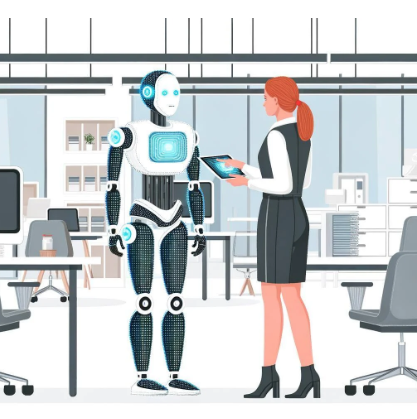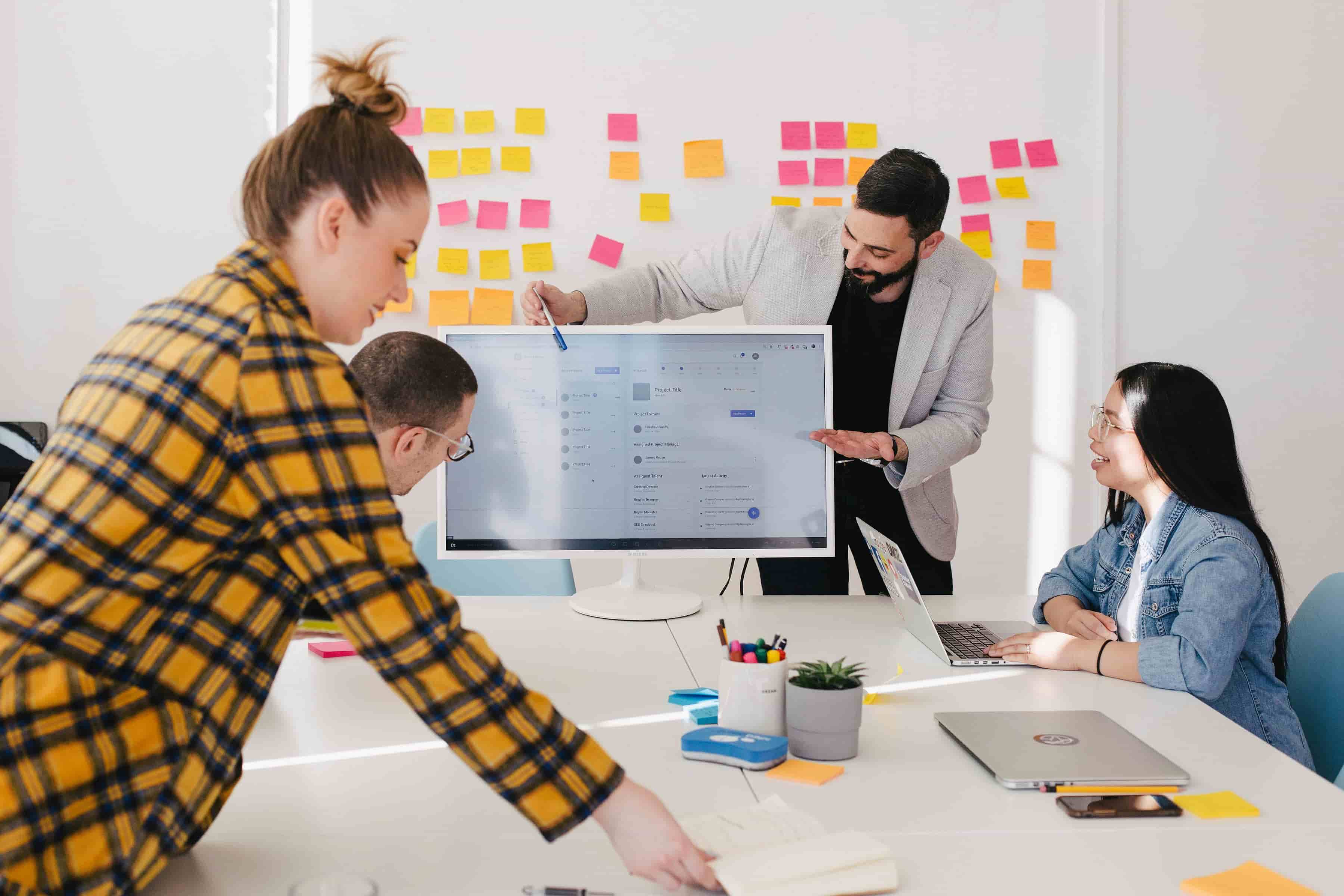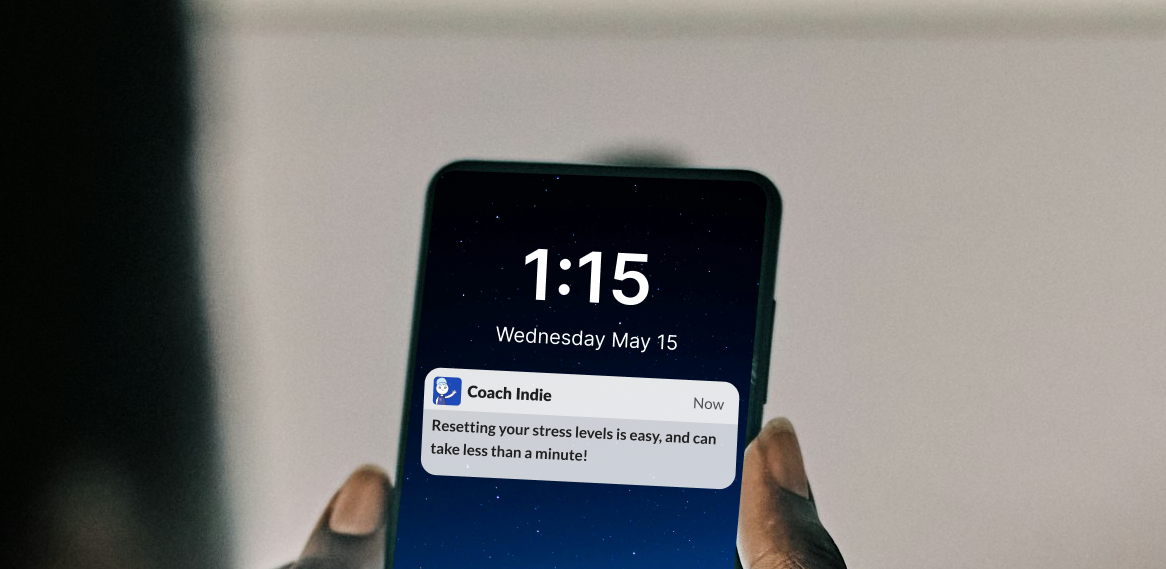Psychological safety: Let's move past the 'buzz'
There are lots of buzz words these days when it comes to our mental states. Do any of these sound familiar? Psychological safety, mental health, mental wellbeing, positive mindset, healthy living, mindfulness etc, I could go on and on. But the general essence is that it’s important for us to focus on our mind as much as our body.
Does psychological safety matter?
The short answer is yes! There is a strong connection between the mind and body and lots of research to support this. The famed Mayo Clinic in the US has an integrative medicine and health program that “focuses on strengthening a harmonious connection between a patient’s mind and body to maintain or improve health”, with a focus on using the mind to reduce stress and anxiety.
This is critical given the way we live our lives today.
Google's Project Aristotle also found it to be one of the five critical ingredients to building a high-performing team. When Google uses its massive resources to study the effect of something on team performance, and finds it to be 'critical' you can absolutely bet that it's something you should be prioritizing on your team.
There's a lot going on. Why is psychological safety so important right now?
Life is busy. There is very little separation between work and home life and technology means we’re “on” all the time. Social media connects us, but at the same time, makes us feel more isolated and disconnected.
Ever looked at someone's Facebook feed or Instagram post and feel a pang of jealousy? We all have! We post our best moments online and others look and think ”I wish that was me”.
It’s called 'downward social comparison'. It’s prevalent with social media usage and has been linked to loneliness and depression.
Covid-19 and the new way of working:
We’re also facing some big issues globally and it has never been more important to come together and support each other. Covid-19 has rocked our world. It’s impacting all parts of our lives - work, home, health, our social life - basically everything.
It has been wonderful to see the world come together and focus on the greater good. We’re supporting each other in keeping healthy and safe and reducing our anxiety in dealing with our collective situation.
Many of us have seen our way of life change overnight. We’re in social isolation to stay healthy and reduce the spread of the virus. This has meant an overnight shift to working from home. There was very little planning, it was immediate to deal with an immediate crisis. Some are loving it but many are struggling with it. Most are working longer hours and they’re finding the boundaries between home and life no longer clear.
This way of working is unlike anything we've ever done before, so that creates challenges for our brain to process.
Our brains are very efficient creatures and they like to get to solutions quickly and efficiently. So levels of uncertainty and facing unknown outcomes are hard for our brain to process.
Simple tips to boost psychological safety for yourself and your team right now:
Let's help our brains. Here are some tips on effectively working from home:
-
Have a routine - establishing routines helps our mind stay healthy.
-
Be flexible - things will happen that you least expect, so be flexible when that happens.
-
Have a comfortable work space - no working from bed or the lounge! A space that is just for work will help your focus and be productive and will also help you switch off when you're finished.
-
Limit distractions - kids, washing, Whatsapp, neighbours, the list goes on! Turn off your social media notifications, treat it like you would at the office and be productive when you’re working.
-
Stay connected with your team socially - virtual coffee anyone? Technology is wonderful to help us stay connected even if we’re isolated at home. Use Google hangouts, microsoft teams or zoom to chat with your friends and see their smiling faces. Connection keeps us healthy.
-
Take regular breaks - we don’t have the incidental coffee runs now, so make time to get up and stretch and walk around. Every hour is a good start.
-
Stop work at the end of the day - with work at home, it's tempting to just keep working. Having a ritual where you transition from work to home life is a good way to do this. It might be a 5 min meditation, a cup of tea on the back deck or a run around the block with the dog. Our minds love rituals and as soon as you start doing it, it will immediately signal to your brain that work is over and you can relax.
We need extra energy and cognitive power to deal with the level of uncertainty that large scale events bring, so now more than ever we need to be looking after our mind as well as body.
Putting some routine and intent into how you work from home will definitely help. And if you’re a leader, it’s your responsibility to encourage your team to implement these habits, and actually ‘walk the walk’ yourself.
Taking care of your body is critical, but it's not the answer to everything.
Your body is critical. It's the vehicle that carries you through life and it needs to be looked after. My mum always used to compare our bodies to cars - it needs regular washing, maintenance, the right fuel, some rest, etc. The research consistently shows us that a healthy body not only prolongs life but helps us achieve a great quality of life.
We should be looking after ourselves physically every day. That means eating well (fresh, healthy foods), exercising (30 mins 3 times a week, or even just moving more!), meditation, spending time doing what we love, being connected to loved ones and all the things we know keep us healthy and well.
But you may find you’re doing all of this and you’re still not feeling great. That is because your mind is a key part of the healthy equation and we need to focus on it as well.
Why focus on mental health?
Mental health has long had a stigma attached to it. People didn’t speak out for fear of judgement and discrimination. This was particularly relevant in the workplace. If it was perceived you couldn’t cope, your career prospects started to diminish.
These days, mental health and support for positive mental health is much stronger. This is due to two reasons:
-
Popular figures are being brave and talking about it, so we see it’s normal and OK - if that superstar has it, then it’s OK for me to have it. We’ve seen celebrities from across the film and music industry, business tycoons and everyday people talk out about their struggles with mental health.
-
Rising instances of mental health issues in communities and our workplaces. In some cases, they’re rising at an alarming rate. This has forced businesses to start looking for ways to support the mental health of their people, as much as they supported the physical health of their people. Remember all the ergonomic assessments we had to do to make sure our workstations and desk were set up properly and that we lifted boxed safely? Well, the same applies to our mental health today.
What does “mental health” actually mean?
Let’s deal with that whopping pink elephant in the room, shall we? What does mental health actually mean?
The Oxford dictionary defines mental health as “a person’s condition with regard to their psychological and emotional well-being.”
The World Health Organisation (WHO) goes one step further and defines mental health as “a state of well-being in which every individual realises his or her own potential, can cope with the normal stresses of life, can work productively and fruitfully, and is able to make a contribution to her or his community.”
We love both of these definitions at Pioneera. Oxford states it very simply and clearly and WHO puts mental health into everyday action by realising potential and contributing to the community.
If we take the WHO definition and apply it to our lives and workplaces you can start to understand why we have the myriad of wellbeing terms I listed at the start of this article.
Psychological safety, mental health, mental wellbeing, positive mindset, healthy living, mindfulness - every single one of these areas is designed to help you realise your potential and contribute to your community, by having healthy psychological and emotional wellbeing. They all do it in different ways.
What does this mean for work?
At Pioneera we focus on two key areas within the workplace: stress management and psychological safety. They affect each other and work hand in hand to create workplaces and jobs that we love.
Stress at work: the good and the bad
Organisational stress management is one of the fastest-growing focus areas in mental health. Rising sick and stress leave and drops in productivity are all linked to workplace stress.
Short bursts of stress help us be productive and achieve our goals. But our stress levels become dangerous when chronic.
Chronic stress is prolonged periods of stress - where you are constantly stressed and there is no recovery. This level of stress brings a range of health issues, which negatively affects individual and company performance.
We know from the medical professionals that prevention is better than cure when it comes to stress. All the health tips I mentioned before are necessary to manage your stress levels and return to wellness when you experience stress. This includes a mind and body focus.
Take responsibility for your team's stress levels
It’s very important to know when your team is stressed so you can help them recover from stress quickly and effectively. Tools such as Pioneera’s Indie, helps you do that immediately in a safe and confidential manner.
Psychological safety is as it sounds - it’s the belief that you are safe in your workplace. Safe to do your role without being punished for making a mistake. Safe to bring your whole self to work. Safe that you won’t be attacked at your desk or in a difficult meeting.
If we feel threatened then we’re more likely to withdraw, only do the essentials to get our job done and not take risks. Creativity is lost, problem-solving is diminished and our organisation eventually starts to wither and die.
How do I create psychological safety in the workplace?
There are things you can do immediately to start building safety for yourself and your team today. It starts with you, as Gandhi said “be the change you wish to see in the world”.
1 - Be a person and remember others are people too. When you’re engaging, speak to that person as a person, not a ‘boss’. I always remind myself this person is doing the best they can, so I do the same.
2 - Learn 'calm' team management techniques that will help keep your team safe, supported and feeling level-headed, even in the worst of times. If these strategies don't come naturally to you (and for many leaders they won't,) be sure to practice and try not to slide back into your 'everything is an emergency!' habit when the going gets tough. You (and your team) will appreciate the effort!
3 - Plan ahead and talk in terms of other people's interest. I learned from Dale Carnegie many years ago, to talk in terms of how other people would want to hear things. They immediately join with you rather than feel like they’re being attacked or singled out. You can use F4S to measure how each person on your team prefers to be spoken to, which will make it much easier to connect.
4 - Conflict is not a dirty word! Conflict is just different opinions and that difference is what creates new products/ideas and ways of doing things. Conflict can be harnessed to create greatness. If you can change your view of conflict and approach it as an opportunity to collaborate with others, you’ll get good results.
5 - Take responsibility and ask questions. If someone reacts then don’t fire back or level blame at them. Ask questions, understand why they’re responded the way they have.
6 - Seek feedback. As much as you can! I routinely ask for feedback from customers, my team, my peers, even my children! I know I’m a better person for it. But be ready to really “hear” what others are saying, don’t just defend yourself!
7 - Measure safety in your workplace. What gets measured gets done! There are some great tools to help you do this now, so you can get data that can be actioned. Pioneera’s Indie can help here too.
Final thoughts on psychological safety for high performing teams:
Psychological safety is the foundation for high performing teams and all of the above can be done at an individual, team and organisational level. It starts with one person and if enough people focus on building and demonstrating psychological safety, then it becomes part of the organisation's culture and you’re on the way to excellence.
Could you imagine how much we would all love our workplaces and our jobs if we felt safe all of the time?
And wouldn't that mean we could achieve more than we thought possible?
It’s a dream we all share.
And before you ask it, yes ALL of these things can be done remotely or when you’re working from home. Even though we’re isolating for Covid-19 we can still create psychological safety in our organisations, our homes and our lives.
Many believe our work lives have changed forever, not just in the location of work, but how we work. Time will tell if that is the case. But our foundational needs as humans will not change. We’ll continue to need safety to be our best and to achieve our best.
Let's not wait until things “go back” to the way they were. As leaders, it's our responsibility to get started right now.
Originally published by Fingerprint for Success in April 2020 as a guest post from Pioneera founder Danielle Owen Whitford.
Understand and measure your stress in real-time - with Indie by Pioneera.






